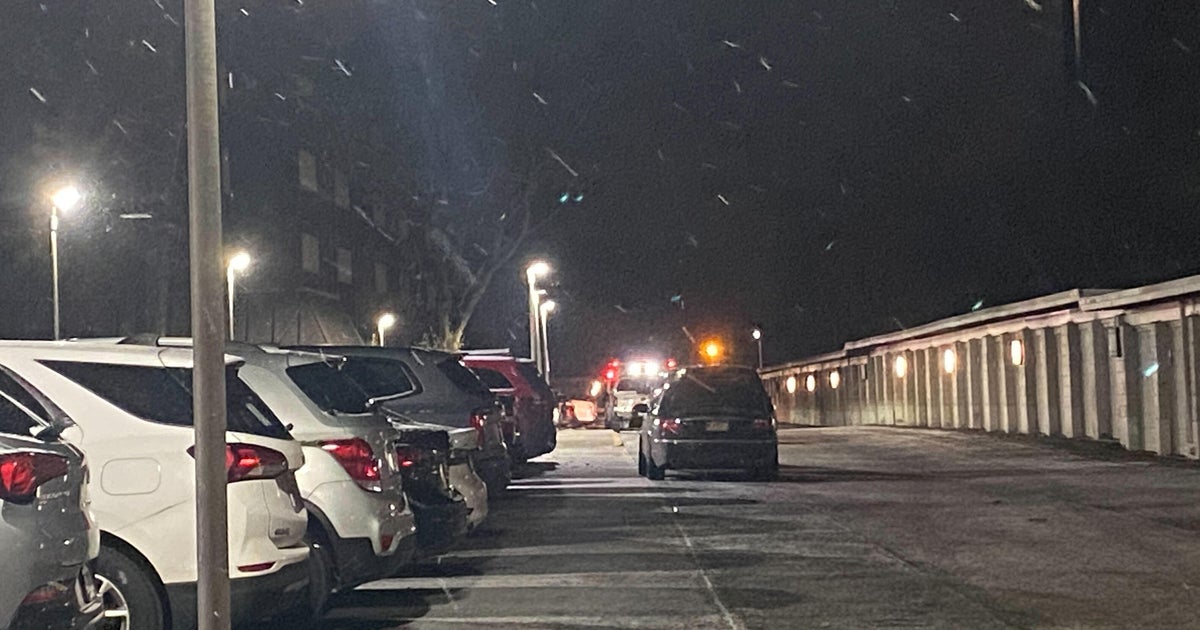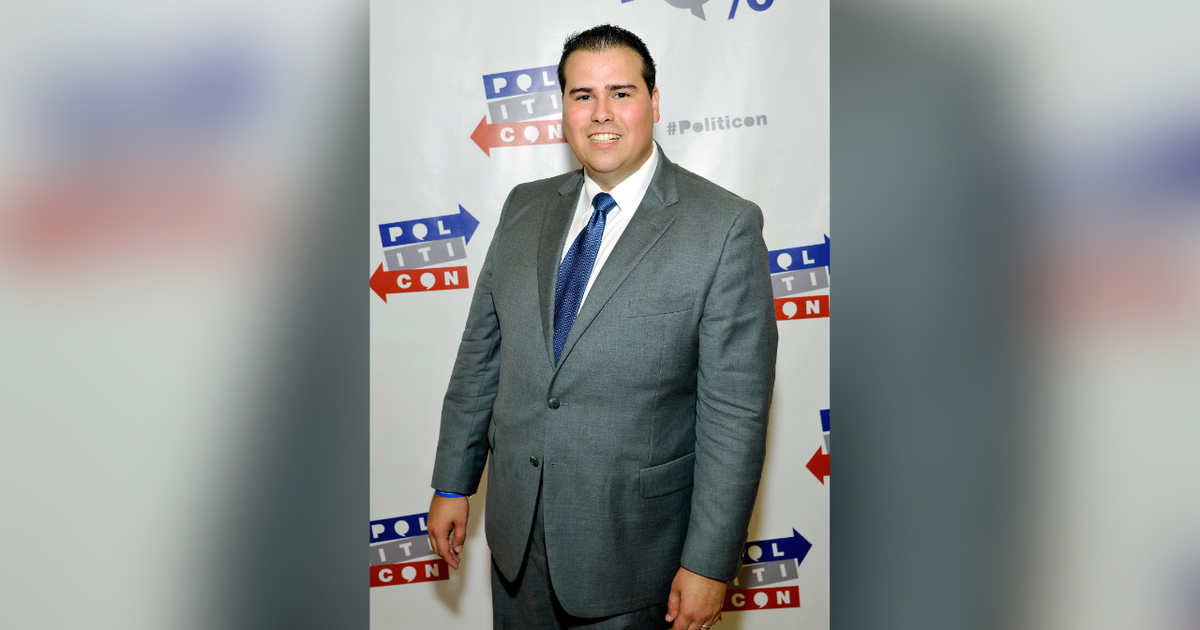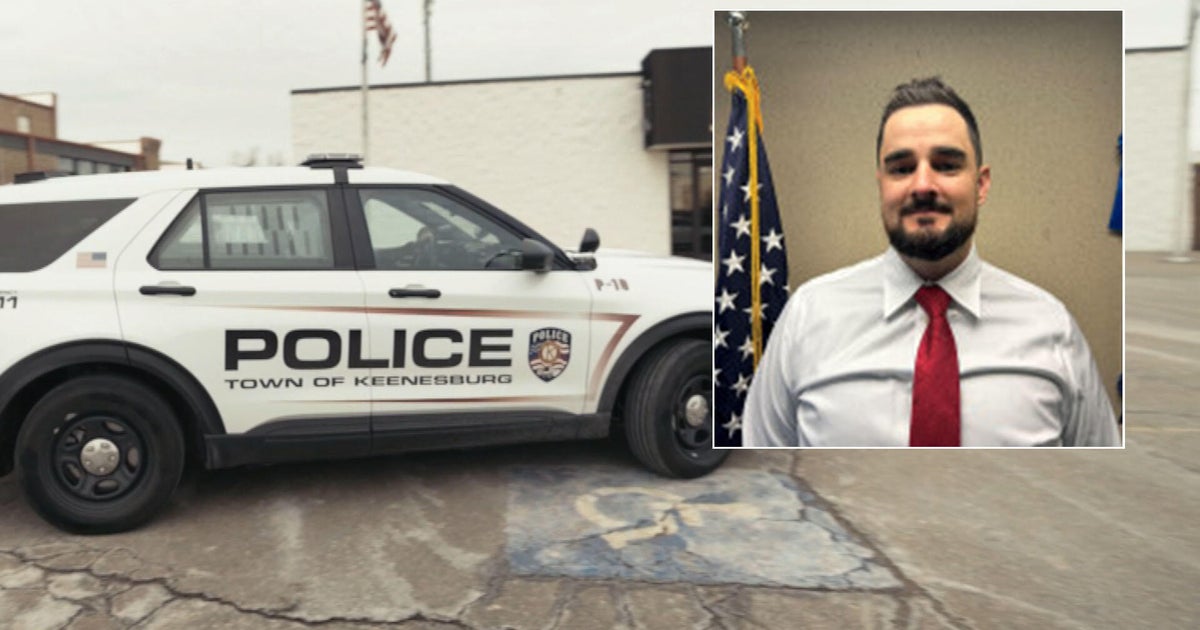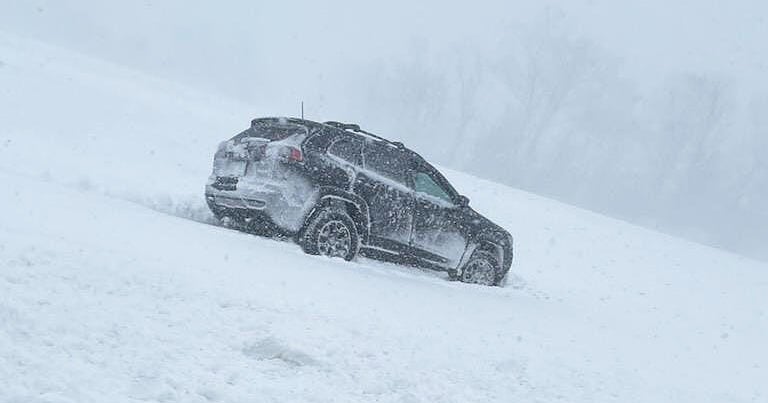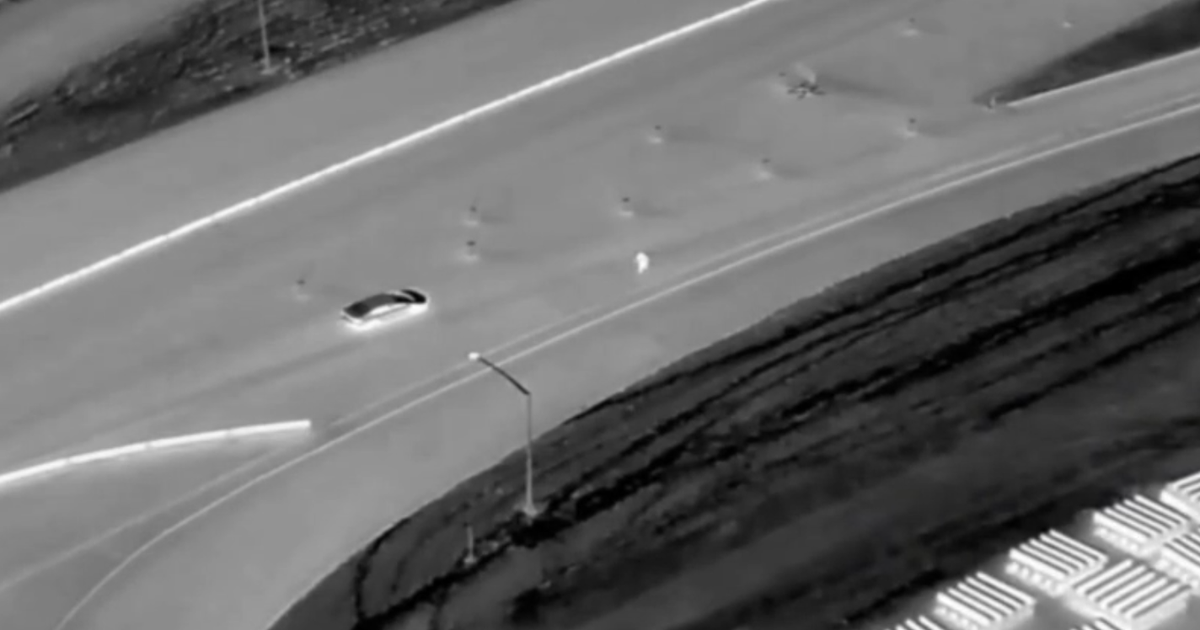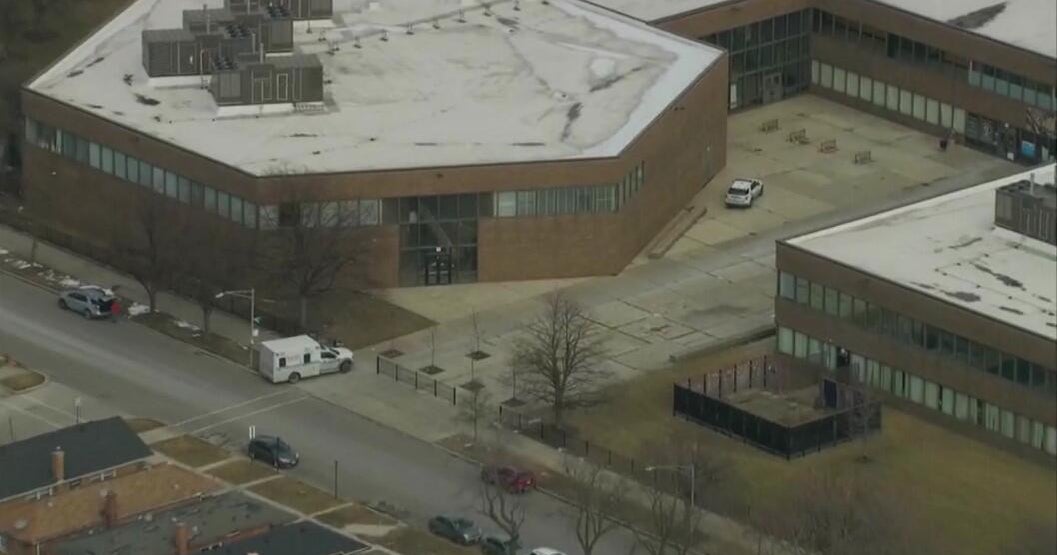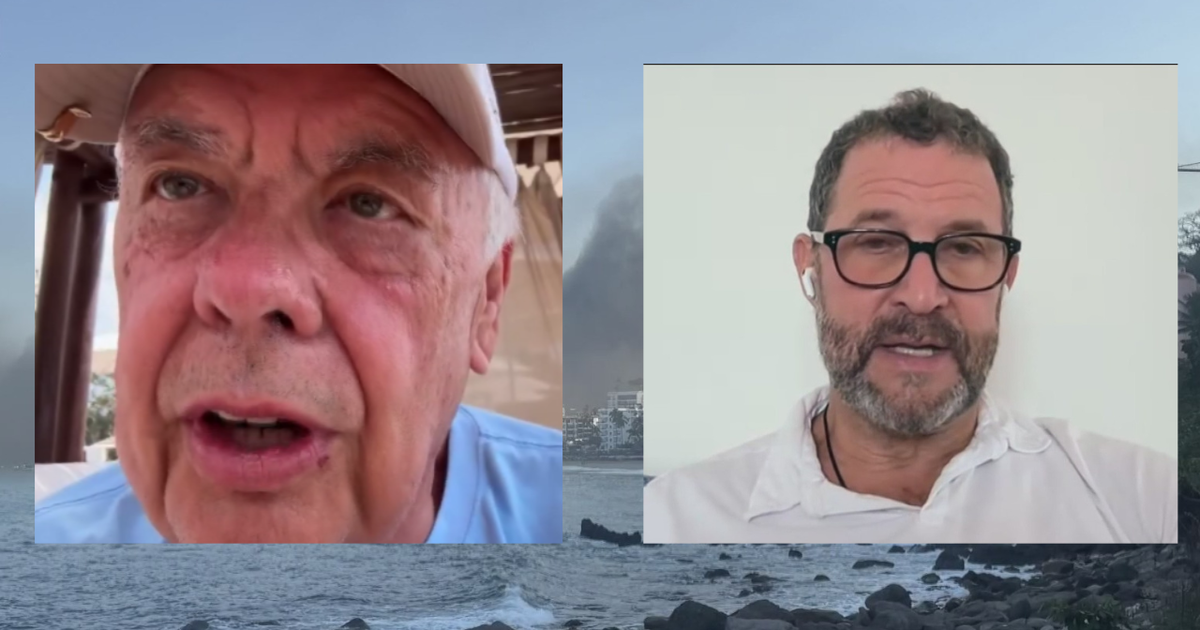Chicago Director Helps Make The Criminal Justice System More Just
Jac Charlier is the director of consulting and training at the Center for Health and Justice (CHJ). The work that is done at CHJ makes the communities safer while building a more just justice system. They do this by helping the criminal justice and the behavioral health systems work together in order to reduce drug use and address mental health issues. CHJ does their work in communities across this great nation with police departments, courts, probation, jails, prisons, parole, drug treatment and mental health agencies.
What are the scope and responsibilities of your current role?
"To be successful in this field, you must be able to develop strong, professional relationships with colleagues from all over the country in the government, non-profit, research, advocacy and private sectors. In addition, you must know how large, complex systems will best work together, stay up-to-date on criminal justice and science research, be able to do public speaking and presentations and consult with diverse teams of justice, research, practitioner and behavioral health professionals."
What is your favorite part of your daily duties?
"My favorite part of the job is knowing that everyday this work improves the lives of my fellow citizens in very real and tangible ways by making them safer. We all want and need to feel secure in our homes and our communities, and I get to contribute to that. It's a real privilege to serve the public doing this work."
Do you feel your education prepared you for your current role?
"I earned my Bachelor of Science from the University of Illinois at Urbana/Champaign and a master's Degree in public policy from Ohio State University. My math degree helps me because so much of our work now requires me to understand and work with numbers to show whether or not something really works. If the data shows something doesn't work, then we should not keep doing it. My master's degree is especially useful because I spend a lot of time working with criminal justice leaders and policymakers talking about how to create and change their policies and practices to improve public safety."
Do you have any advice for people who desire to pursue a similar career?
"No matter what you are going to do in criminal justice, from police to parole, judge to warden, probation to community corrections, you must thoroughly understand how addressing addiction and cognitive disorders effectively reduces crime. You have to also understand mental health. While mental health is not a driver of crime even though some incorrectly believe it is, our criminal justice system, i.e. jails and prisons, is sadly all too often the single largest places where you will find those who suffer from mental illness. In addition to my professional field of criminal justice, for nearly 25 years, I've lived out my life as an American citizen by building community through a variety of civic engagement initiatives. I am also an Eagle Scout and veteran."
Michelle Guilbeau is a writer, reviewer, teacher and business owner. She also has experience in school administration, literacy coaching and is proud founder of CraftKitsForKids.com and MichelleGuilbeau.com Michelle enjoys sharing her knowledge of cities, food, travel, education and parenting issues with her readers. Her work can be found on Examiner.com.

